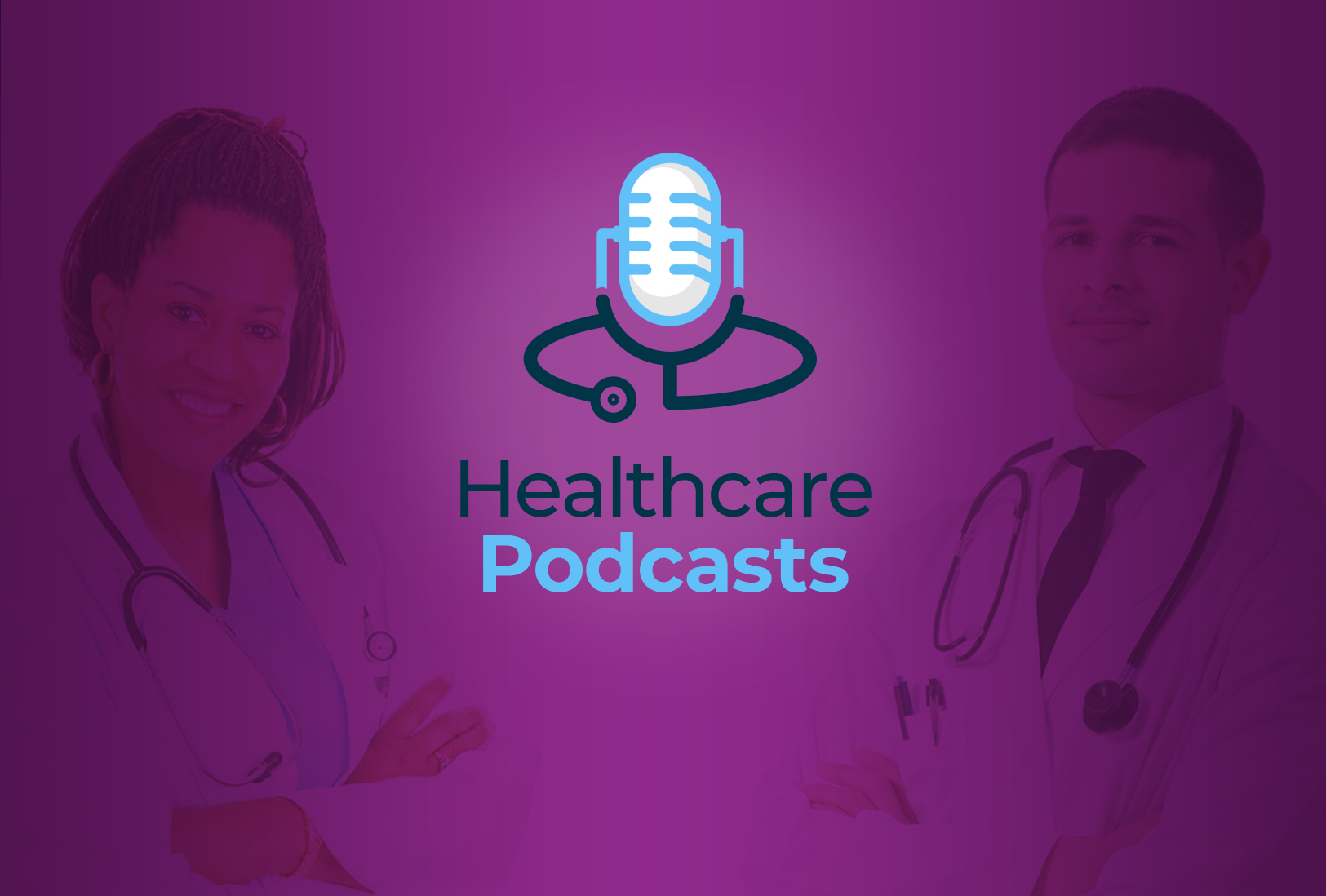

Why Podcasts Should Be on the Radar of Every Healthcare Marketer
Did you know the number of adults in the US who listen to podcasts has increased more than 40 percent in just the past three years, according to Nielsen?
More than one-quarter of podcast listeners have said they’re interested in registering for a health-related podcast, making it the eighth most popular format, ahead of business, arts, and sports.
Not surprisingly, this growth has been accompanied by major advertising investments. In fact, the Interactive Advertising Bureau predicts ad revenue will grow from $842 million in 2020 to $2 billion in 2023.
Why is Podcasting on the Upswing?
Podcasting is incredibly convenient, perhaps more than any other medium, because listeners don’t have to look at a screen to consume content. People can listen at home, at work, in the car, on the train, during a bike ride, and while making dinner. They can consume content on-demand, pause when necessary, and restart at their leisure.
Improvements in technology are also contributing to podcasting’s growth. Mobile and smart speakers make it easy to access high quality audio content from virtually any location. At the same time, competition is fierce among top content platforms like Apple Podcast, Spotify, YouTube, and others to gain market share and ad dollars. Publishers are attracting high-profile talent who can provide high-quality content and, just as importantly, an established following.
These factors add up to a loyal, highly engaged audience. Audio is a medium that has a unique ability to connect with listeners on an emotional level and build a personal, one-on-one connection between host and listener. Top podcasts are like “appointment TV” as listeners often engage as soon as a new episode drops because they’re eager to hear what’s next.
Unique Opportunities for healthcare Marketers and Publishers
Podcasts are playing an increasingly important role in healthcare education among students, residents, specialists, and advanced practitioners. A study of podcasting in medicine identified thousands of active podcasts across 19 disciplines, such as emergency medicine, internal medicine, pediatrics, obstetrics and gynecology, psychology, and dermatology. This content is being incorporated into formal training and continuing education programs, as well as personal self-education.
Podcasts enable healthcare professionals to choose and consume content in specialized fields that are relevant to them. The personal nature of podcasting can help listeners build and connect with a professional community that has a shared purpose and shared challenges.
For publishers and content creators, podcasting represents an opportunity to establish and build thought leadership in their discipline and elevate the brand of the hospital or practice they represent. Podcasts can also be used to introduce and explain new research, procedures, medical devices, medications, and facilities. This content meets demand in the healthcare community for information that’s easily digestible, up to date, and delivered in a convenient, flexible format.
The growing popularity of podcasting creates valuable opportunities to seamlessly integrate with other marketing platforms, such as live events, social media, blogs, video, case studies, and search engine marketing, to create a truly omni-channel strategy. Of course, each of these platforms, especially podcasts, can be used to advertise related products or services, creating a lucrative revenue stream.
In today’s ultra-competitive marketplace, healthcare marketers and medical societies should be exploring podcasting as a potential vehicle for thought leadership, training, branding, and advertising. AMC is works closely with top podcast content platforms such as ACC and Docwire, as well as popular podcasts such as the Cardionerds and the Uromigos.
If you’d like to learn more about podcast sponsorship or creating a podcast around a specific disease state - even physicians to host them, contact Nick Luciano, nluciano@amcmediagroup.com today for a consultation.
